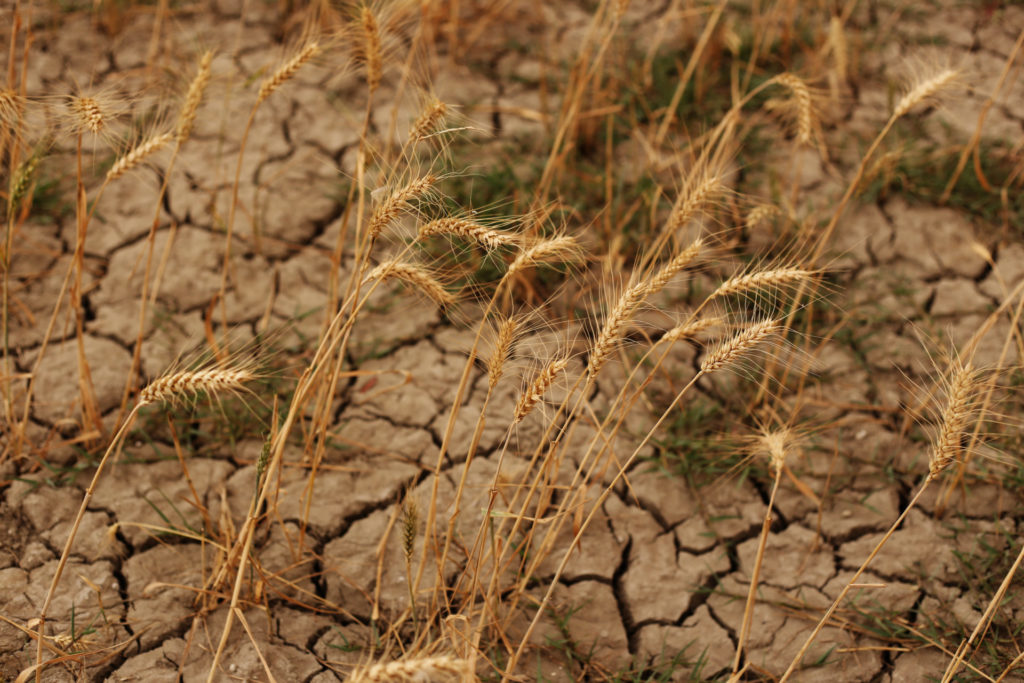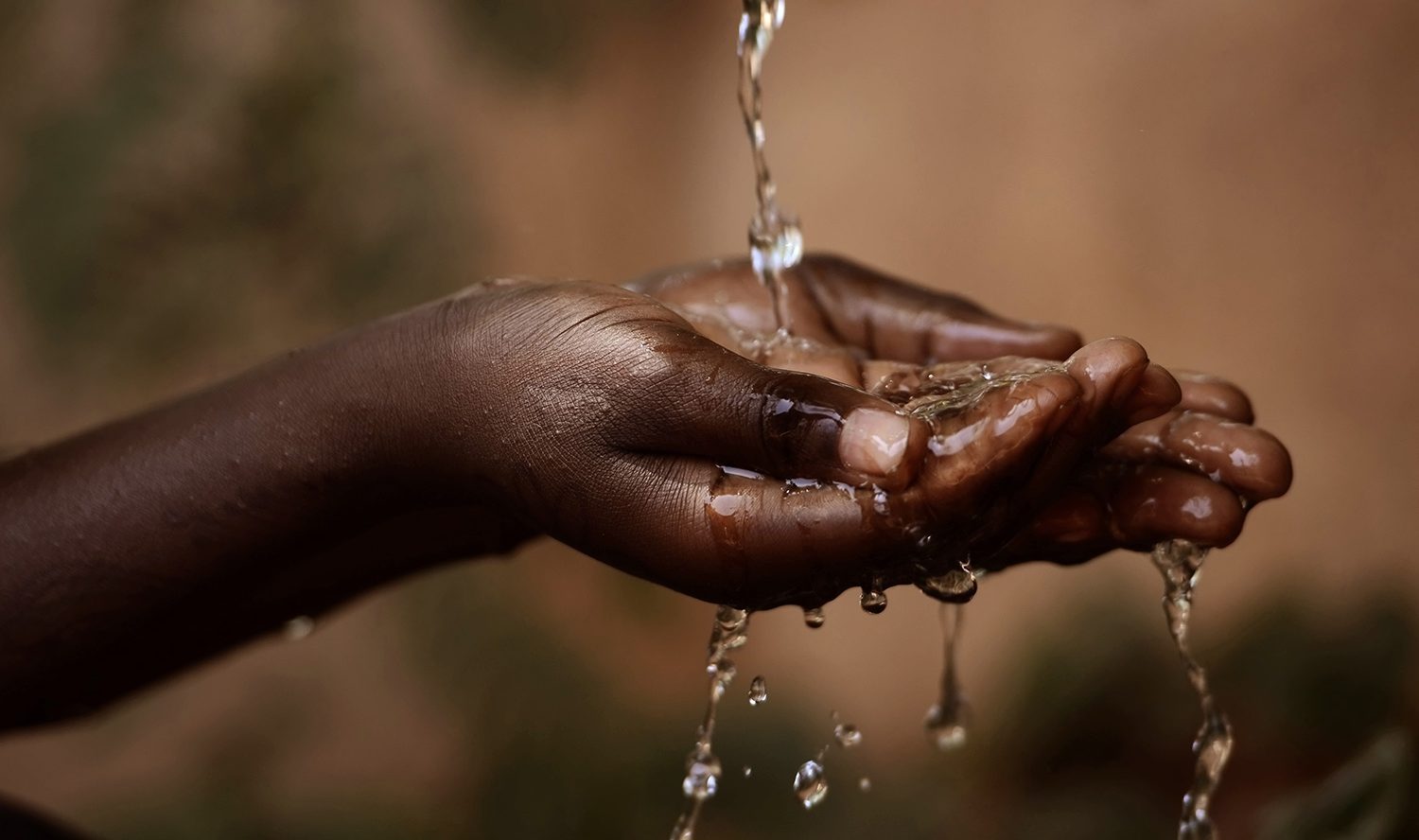heading
PROJECT: GOVERNANCE, ADVOCACY AND LEADERSHIP IN WATER, SANITATION AND HYGIENE (GOAL WASH)Madagascar
The support to water governance in Madagascar complements the interventions that UNDP is providing in response to the drought problems caused by the El Niño phenomenon in Southern Madagascar. It contributes to the preservation of the environment, by setting up water points (wells equipped with a hand pump), to water the seedlings nurseries, that aimed at reforestation and fixing dunes (fight against wind erosion).

The original GoAL WaSH strategy designed in 2008 aimed to prepare and complement the general UNDP Support Programme to Water Governance. Project activities were realigned in 2011 as a result of the political instability and were implemented until 2014. The focus was put on technical interventions, with the aim to prepare the ground for better water governance. Activities were conducted in seven watershed authorities, located in six regions of the Northern part of the country and one in the central Western region.
GoAL WaSH resumed activities in 2017. The intervention is aiming at securing livelihoods in a drought affected area in the Androy region.
Challenge
Madagascar is among the world’s poorest countries and progress in the water and sanitation sector remains weak. The situation is particularly acute for both rural and urban sanitation. The country has a history of fragmented and uncoordinated water governance. Several unimplemented institutional reforms, regional disparities and a lack of governance capacity hamper increased water and sanitation service delivery.
Opportunity
During the past decades, a significant number of institutional and legal reforms created a robust framework of policies and strategies. Today, the country has a legal and regulatory framework for the sector. Moreover, The Ministry of Water, Sanitation and Hygiene is in the process of designing an innovative and decisive Water, Sanitation and Hygiene Sector Program to achieve the SDG 6 and to fight against poverty, taking into account climate change risks.
Strategy
In 2011-2014, the strategy was to build in elements of sustainability, professionalism and coordination in water supply and sanitation through four types of targeted technical interventions:
- Mapping hydraulic resources in seven watershed areas.
- Evaluating water and sanitation capacity and organisational needs at national, regional and communal levels.
- Contributing to improved sector coordination by strengthening and securing the management and coordination tool of the Ministry of Water.
- Putting together a User’s Guide for the safe management and operation of water supply systems in Madagascar.
Since 2017 the project is being implemented in a drought affected area in the Androy region. A dam for agricultural and animal use and two boreholes for agricultural and human use are being constructed. Management arrangements for the water infrastructures are also being set up.
GoAL WaSH in Madagascar, 2009-2014
GoAL WaSH was one of the few projects that continued during the 2009 political crisis in Madagascar. The project evaluation shows that even in a context of poor socio-economic conditions and political instability, it is possible to prepare the ground for better water governance.
Download the report
Achievements
The earlier GoAL WaSH interventions (2009–2014) helped establish a water and sanitation monitoring database. Based largely on data from the southern watersheds, this monitoring and evaluation tool also provides a source of information that can be used for coordination, planning, and programming.
During the political crisis, GoAL WaSH continued to provide valuable funding for targeted activities, including assessment of water and sanitation coverage and access in the northern part of the country, with information being added to the national database held by the Ministry of Water, a key source of sector monitoring information. Access to information strengthened the capacity of the Ministry of Water to develop informed policy and programmes for safe water supply and sanitation.
An inventory of capacity-building needs and financial and material gaps provided the knowledge necessary to plan training programmes to support staff at all levels. GoAL WaSH also developed a users’ guide on the management and operation of drinking water facilities.
The dam rehabilitation project (2017–2018) was conducted in Beloha district, one of the driest parts of the Androy region and where the main livelihood is animal husbandry. Dam construction took three months with labour from 620 men and women (one person per household), but the water provided will benefit more than 5,000 people from the surrounding municipalities.
Since the dam’s completion, livestock keepers have access to water for at least ten months of the year (before it was only two months). While the dam water resource depends on rainfall, which is unpredictable due to climate change, without it, pastoralists would need to walk more than 10 km to water their livestock, with a high loss of productivity.
Increased incomes and a more secure livelihood improves the resilience of the community. The local population has established a sustainable management mechanism through an association of water users for the dam’s operation and maintenance, with a user code of practice being developed, validated, and respected. Working with UNICEF, project staff have also conducted community awareness and training on water purification using the SODIS method.
The new wells in Ambovombe and Tsiombe districts provide water for the surrounding population throughout the year, in addition to their original purpose of watering young plants in the nursery. This has particularly benefited the women, who no longer need to spend many hours fetching water. The water management committee supports the operation and maintenance of the wells based on the code of conduct and agreement signed between users and the water committee.
The systems developed for infrastructure management during GoAL WaSH have been adopted more widely by the decentralized water and sanitation technical services and local stakeholders (including NGOs). This has led to establishment of a harmonized water service delivery model in Androy and Anosy regions. In future, this system will be applied in the management of all agricultural and pastoral water infrastructure in these regions.
The technical and socio-economic studies carried out for GoAL WaSH, and lessons learned from its implementation, have been used to inform a development project on climate change adaptation and resilience capacity development. This will be implemented in five regions of Madagascar among 11 rural communities, and has a budget of USD 2 million funded by Global Environment Fund, FEM and UNDP.
